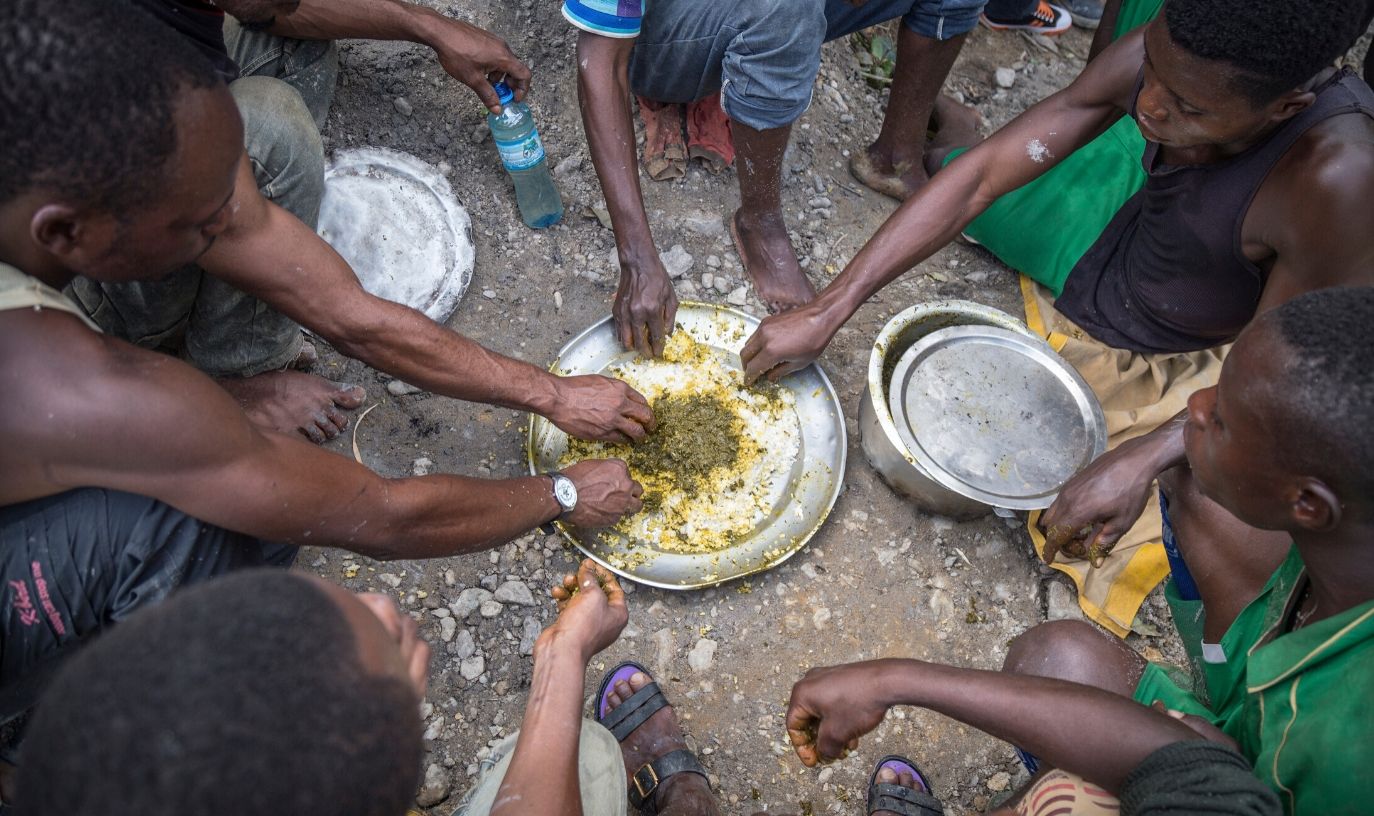At IMPACT, we aim to transform systems for lasting change, especially for the world’s most vulnerable. However, the last few days and weeks have brought rapid transformation to our world that has overturned life as we knew it.
We have been closely monitoring the evolving situation where our staff are located. Our priority is the health and safety of our team members and partners.
Importantly, our work continues.
The COVID-19 pandemic is shining a spotlight on vulnerable populations globally who will face the challenge of health risks posed by the virus, exacerbated by poverty and unprepared healthcare systems.
Artisanal mining communities around the world are amongst the most vulnerable populations. COVID-19 puts their health and livelihoods in serious jeopardy. COVID-19 brings worrying economic and security risks for conflict-affected and high-risk areas where IMPACT works. As borders close or transportation is suspended—natural resource supply chains are disrupted. Banks are running out of cash, traders and exporters are running out of financing, and miners are increasingly unable to find buyers for their minerals, like gold.
With the economy on the brink of collapse, desperation can fuel insecurity.
Our mission to transform how natural resources in areas where security and human rights continues. While artisanal mining communities in conflict-affected areas may be the most vulnerable, they are also incredibly strong and resilient in the face of insecurity.
During this period of uncertainty, we will be collaborating closely with our local partners to understand how the pandemic and local measures have affected livelihoods, security, supply chains, illicit trade and financing, and gender equality—so as to adapt the support we can provide to partners and communities.
While we adjust to our new virtual world, shifting priorities, and undertaking analysis of the evolving situation we may be slower to respond.
IMPACT has offices in Canada, Uganda, Democratic Republic of Congo, and Côte d’Ivoire, along with active projects and partnerships with organizations in a number of other countries. We are in touch with all of our staff and partners, and adhering to the guidance provided by local authorities.
We have put in place measures to allow all of our staff to work from home as needed. At the same time, we are evaluating all of our current project activities to ensure the health and safety of our staff, partners, and project participants is prioritized.
Together, in partnership, we will emerge from this period of uncertainty.

